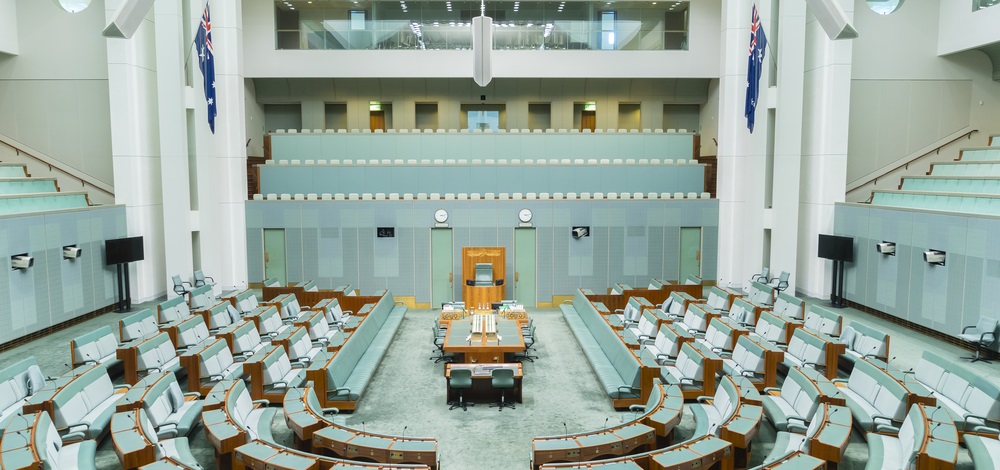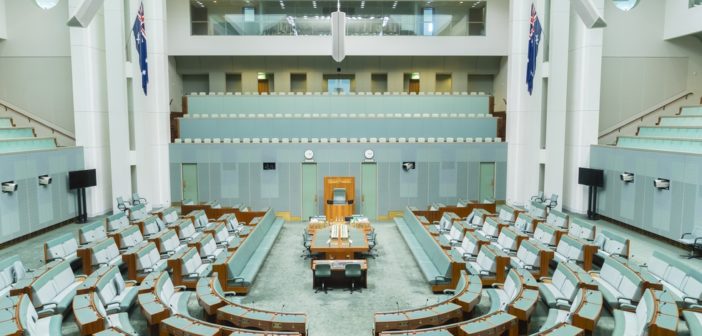
All comments from Law Council President, Ms Pauline Wright.
“Today, the Parliament is considering a number of important amendments to the Australian Security Intelligence Organisation Amendment Bill 2020.
The Law Council of Australia urges the Parliament to reinstate the crucial role of judges in the authorisation of ASIO’s extraordinary questioning powers, including the power to apprehend a person to bring them into questioning.
Extraordinary powers require extraordinary safeguards.
This is why, when the compulsory questioning regime was first legislated, the Howard Government enacted the crucial safeguard of judicial authorisation for these warrants.
The Bill before Parliament today proposes to widen the compulsory questioning powers and remove the independent role of judges in the authorisation of warrants. This will give the Attorney-General alone, as a minister of the government, the power to issue warrants.
Not only does this remove an existing safeguard, but it makes Australia even more of an outlier with our like-minded counterparts in the Five Eyes alliance. None of those countries have compulsory questioning powers for security intelligence purposes, and all of their surveillance warrants require judicial approval.
Judicial authorisation offers the strongest possible assurance to the public of the independence and rigour in the issuance of these extraordinary warrants.
Given that ASIO’s questioning activities will be covert to the general public, the utmost degree of independence in substance and perception is crucial to maintaining the state of trust that underpins the social compact between the Australian community and ASIO, which we entrust and empower to keep us safe.
If a compulsory questioning regime is to be retained for ASIO, judicial authorisation is the single-most important safeguard that could and should be added.
The Parliament has an immediate opportunity to enshrine that safeguard today, by supporting this amendment. If the amendment is passed, on the final day of sittings for 2020, we will not have to wait another three years to correct a glaring omission that could be addressed right now.”






